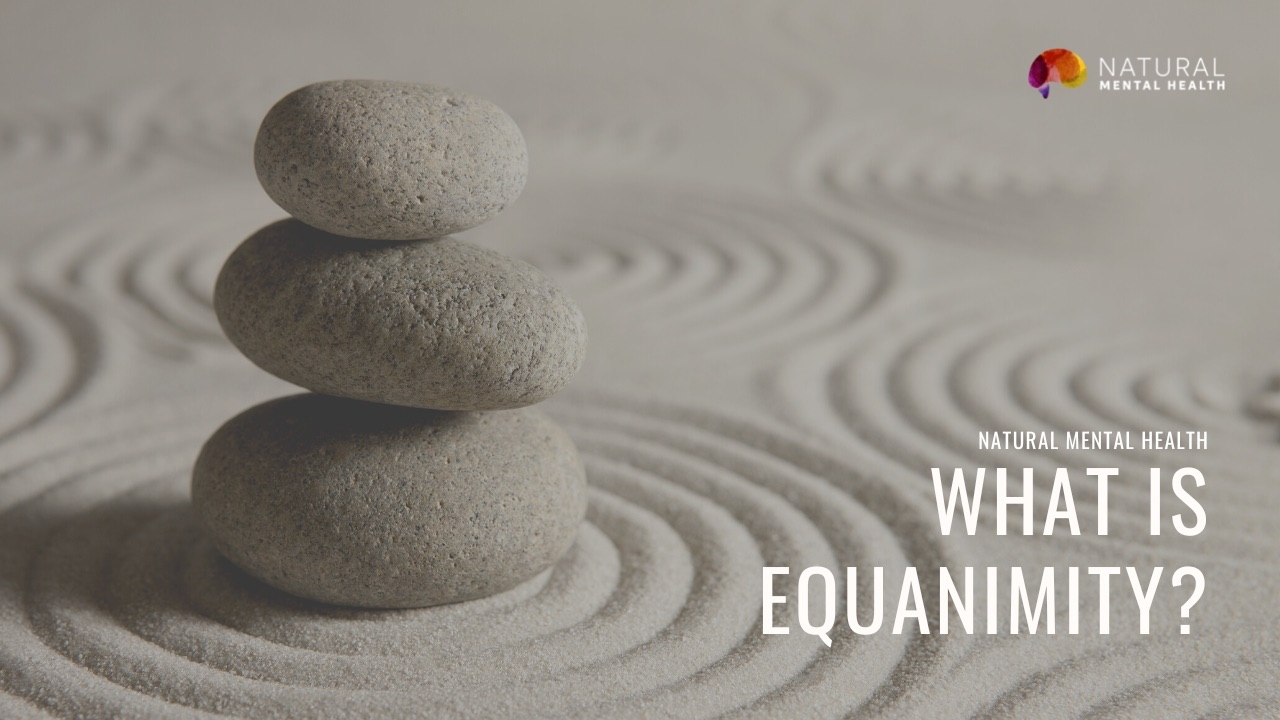
What is Equanimity?
Mar 09, 2023We're discussing equanimity over at the Joy Lab Podcast and how to tap into it during an emotional storm. Listen on your favorite podcast listening app, our website, or on YouTube.
Equanimity Definition
Equanimity can be described as emotional steadiness, particularly amidst stress or struggles. It's also a concept central in Buddhism, roughly interpreted as steadiness or evenness to all that is outside and within us and that arises from wisdom. In Buddhism, it's known as one of the "four immeasurables."
Equanimity can seem impossible for many of us. But really, we're all wired for it. And it looks different for all of us.
Over at Joy Lab, we see equanimity as a flexible state of steadiness, particularly amidst stress. And even though equanimity is our natural state, it’s the opposite that most of us are familiar with. That opposite goes by a lot of different names: fear, anxiety, irritability, moodiness, upset, agitation, or just being stressed out. In the mental health world, the opposite of equanimity is a concept called "emotional reactivity," which basically means the mood is unstable and someone is easily thrown off. That's not good for at least a couple of reasons...
- As we all know, it feels bad to be emotionally reactive and takes a lot of our energy.
- It leaves us a lot more vulnerable to things that are completely outside of our control.
So, how can we build our equanimity back up if it's lacking?
The answer is not to try and get more control over things (that's an endless cycle), but rather to try and gain a greater degree of emotional steadiness (aka equanimity).
It's also important to remember that equanimity doesn't mean we won't have any feelings or we'll be unemotional. It's normal and healthy to have ups and downs and it's normal to feel things deeply. AND it's still possible to have an inner steadiness where our mood might shift, but it does so more gradually, or it doesn't go to such extremes. And when it does swing, we're more able to bring it back to a point of stillness to a nice, calm center.
In our Joy Lab Podcast episodes on equanimity, we talk about realistic strategies to use to recover and build up equanimity.
Learn more about the power of grounding as a tool for equanimity from Drs. Henry Emmons and Aimee Prasek on the Joy Lab Podcast
Listen to the podcast: Equanimity: A Tool for Emotional Reactivity and the Power of Grounding. Or watch on YouTube:
Pair the podcast with the Joy Lab Program's step-by-step practices to help you build and maintain the elements of joy in your life.







